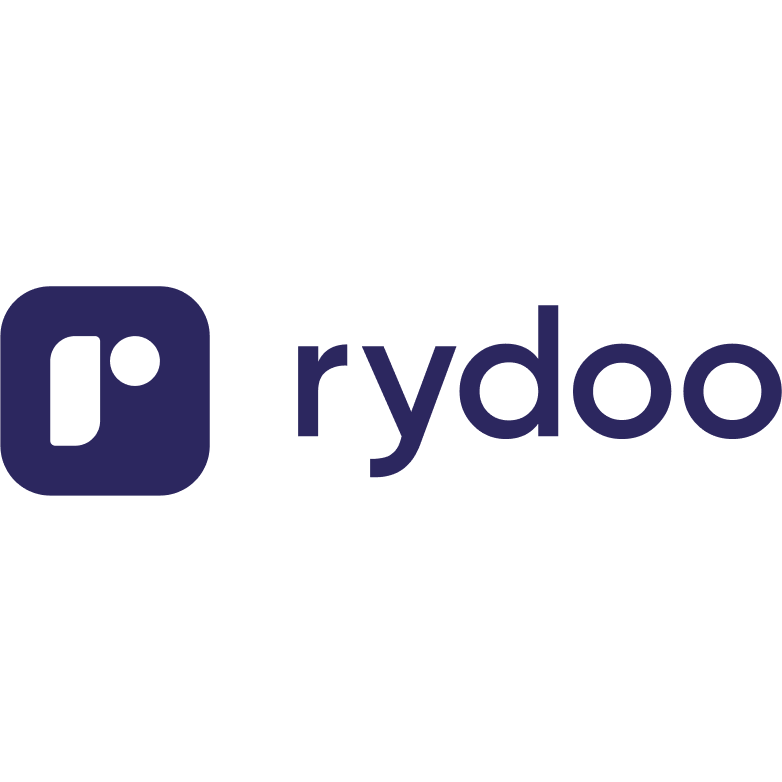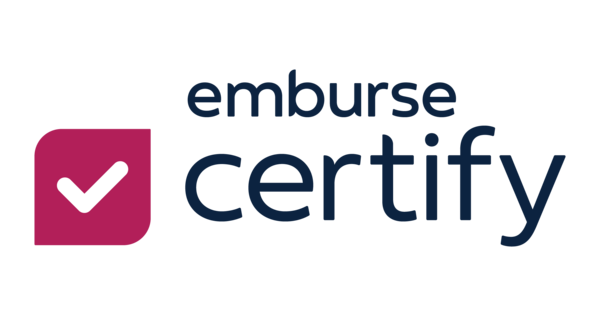We may earn an affiliate commission from partner links on the Entrepreneur Guide. These do not affect our editors’ opinions.
Every business, large and small, could benefit from an expense tracker app to simplify their finances. In 2020, there were 31.7 million small businesses in the U.S (99.9% of all businesses). How many are taking stock of their financial situation?
With so many business expense tracker apps, we decided to do a little research of our own. See which one of these five best business expense tracker apps of 2023 can help you get a handle on your business.
How to choose an expense tracker app.
When it comes down to choosing the best expense tracking app for your business, you will likely want an all-encompassing app that fits your budget.
Bigger businesses with a lot more expense tracking should expect to pay a higher rate for an app; however, small business owners, self-employed people, or freelancers might appreciate free or low-cost options.
Most expense tracker apps do charge per user, so if you are a bigger business that requires multiple eyes on business expense tracking, the fees can add up.
Another thing to keep in mind is functionality. If you have multiple employees inputting business expenses regularly throughout the day, you will benefit from having a business expense tracker app that can automate workflow tools.
The ability to preset rules and guidelines through automation can save you a lot of energy and time.
Also, if you do a lot of business overseas, you may value an app with multicurrency capabilities. It can help save you time and effort. You won’t have to make the monetary conversions on your own.
Aside from automation and ease of use, integrations are also crucial to consider. An expense tracker app that integrates with your existing accounting software, allowing you to transfer data between programs quickly, will make your life much easier.
All-in-one expense tracker apps that include accounting software are top-rated among business owners. Busy business owners appreciate the time savings and ease of use.
You will need to know your business needs to choose the best business expense tracker app.
The best business expense tracker apps of 2023.
The bottom line.
Tracking business expenses is not simple. Bookkeeping concerns like monitoring cash flow, tax deductions, bank account balances, and even time-tracking take time and care. The old days of Excel spreadsheet templates just don’t cut it anymore.
As we have mentioned, regardless of size, every business would benefit significantly from a business expense tracker app. Business owners have many responsibilities. Hire out for tasks so that you are not stretched too thin.
The five apps we picked can all help organize your business finances in real-time, streamlining your project management and allowing you to focus on what matters most.
A business expense tracker can easily automate workflow processes, thanks to:
- Setting guidelines for expense approvals
- Software integration
- Business credit cards
- Receipt tracking
- Accounting
Depending on your business needs, you can find free apps and upgrade if you feel you need more features.
For more information on business management and tools, visit us at Entrepreneur.com today.






